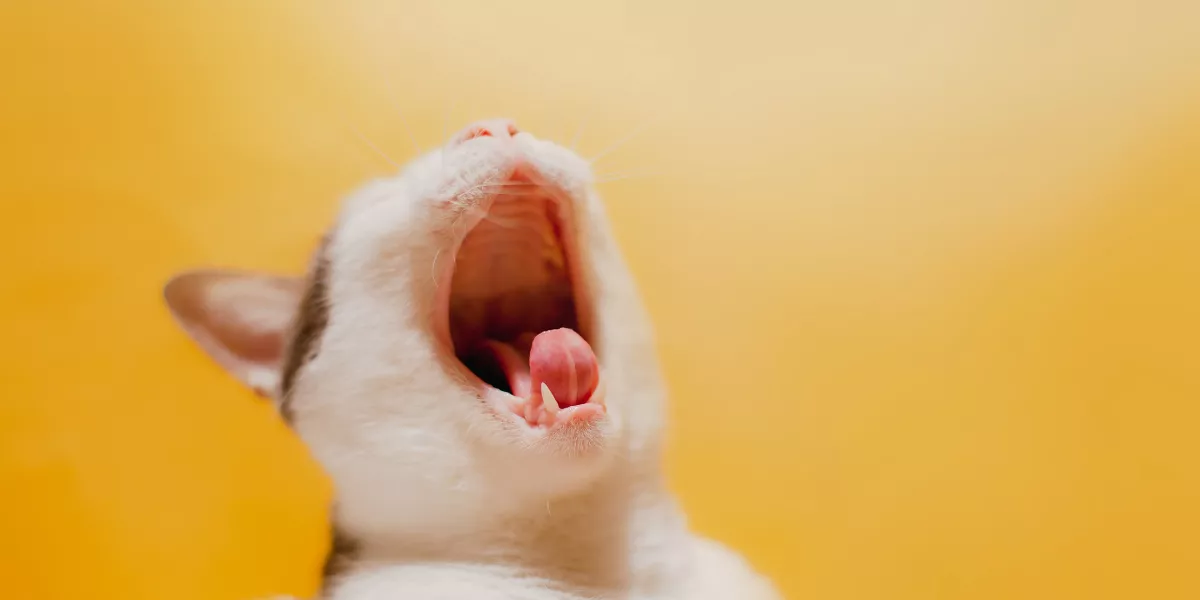
To prevent common dental problems in your small herbivorous pets, ensure regular check-ups with an exotic pet veterinarian, provide appropriate chew toys for natural wear, and maintain a balanced diet rich in fiber while avoiding sugary or sticky treats. If any issues arise, options like trimming overgrown teeth, tooth extractions, or antibiotic therapy can address these problems effectively. Taking these preventative measures and seeking timely treatment will help keep your pets' dental health in check and ensure their well-being.
Importance of Dental Health
Ensuring proper dental health is crucial for small herbivorous pets to prevent serious health issues. Just like humans, your furry friends need regular dental care to maintain their overall well-being. By providing the right diet and opportunities for natural chewing, you can help keep your pet's teeth in good shape.
Small herbivorous pets, such as rabbits and guinea pigs, have teeth that continuously grow throughout their lives. This means they need proper wear and tear to prevent overgrowth, which can lead to painful dental problems. Offering a variety of hay, fresh vegetables, and chew toys can help naturally wear down their teeth and keep them at an ideal length.
Regular check-ups with a veterinarian specializing in exotic pets are essential to catch any dental issues early on. By monitoring your pet's dental health and seeking professional advice when needed, you can ensure a happy and healthy life for your small herbivorous companion.
Common Dental Problems
To maintain your small herbivorous pet's dental health, it's important to be aware of common dental problems that can arise.
One common issue is overgrown teeth, where the teeth don't wear down properly due to diet or genetics, leading to potential pain and difficulty eating.
Malocclusion, a misalignment of the teeth, can also occur, causing problems with biting and chewing.
Another frequent problem is dental abscesses, which are painful infections that can develop from untreated dental issues.
Your pet may also experience tooth spurs, sharp edges that form on the teeth and can injure the mouth or tongue.
Additionally, tooth root elongation, where the roots of the teeth grow abnormally long, can lead to pain and difficulty eating.
Being vigilant about these common dental problems can help you catch issues early and prevent further complications down the road.
Prevention Strategies
Implementing regular dental check-ups and providing appropriate chew toys are crucial for preventing dental problems in small herbivorous pets. Regular check-ups by a veterinarian specialized in exotic animals can help detect any dental issues early on. They can also provide guidance on proper dental care and diet for your pet.
Additionally, providing chew toys made specifically for small herbivorous animals can help maintain dental health by encouraging natural chewing behavior. These toys can help wear down their constantly growing teeth and prevent them from becoming overgrown or developing sharp points that can cause pain and difficulty eating.
In addition to regular check-ups and chew toys, ensuring your pet has a balanced diet rich in fiber is essential for dental health. Fibrous foods like hay and fresh vegetables not only provide necessary nutrients but also help naturally wear down their teeth as they chew. Avoiding sugary treats and sticky foods that can adhere to teeth and lead to decay is also important in preventing dental issues in small herbivorous pets.
Treatment Options
To address any existing dental issues in small herbivorous pets, considering appropriate treatment options becomes imperative. If your pet is experiencing dental problems, the veterinarian may suggest various treatment options based on the specific issue.
For overgrown teeth, trimming or filing them down under sedation might be necessary. In cases of tooth decay or infection, tooth extraction could be recommended to prevent further complications. Dental abscesses often require drainage and antibiotic therapy to clear the infection.
Additionally, providing your pet with softer foods or a modified diet can help alleviate dental discomfort and aid in recovery. Regular dental check-ups and cleanings are crucial to catch any emerging issues early on.
Conclusion
In conclusion, maintaining good dental health for small herbivorous pets is crucial for their overall well-being. By implementing preventive measures such as providing proper nutrition and regular dental check-ups, you can help prevent common dental problems like overgrown teeth and dental disease.
If dental issues do arise, prompt treatment from a veterinarian specializing in exotic pets can help alleviate pain and restore your pet's oral health. Remember, a healthy mouth leads to a happy pet!




